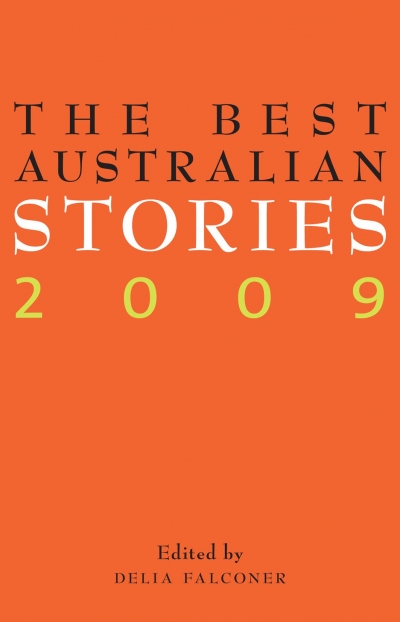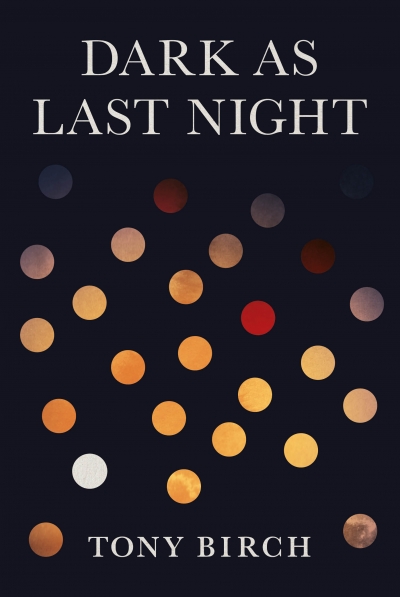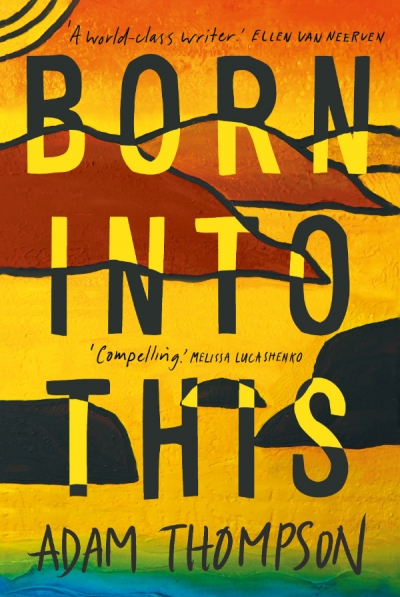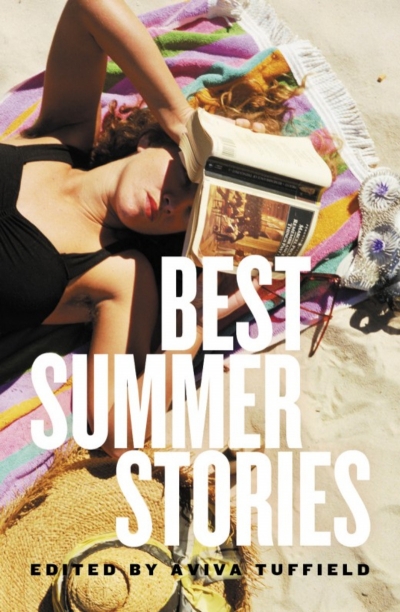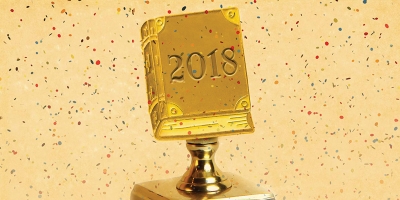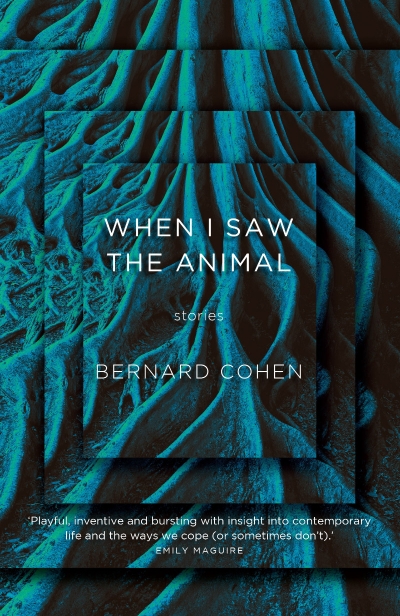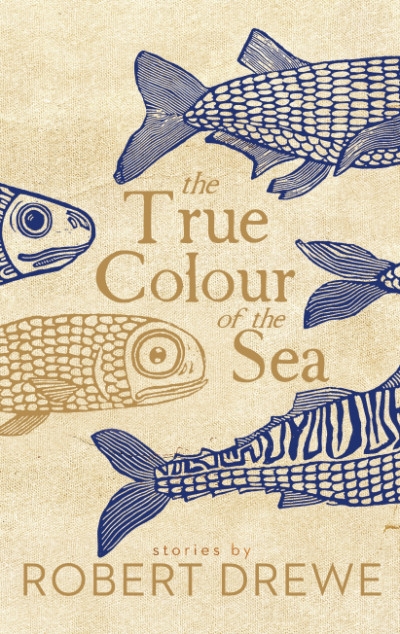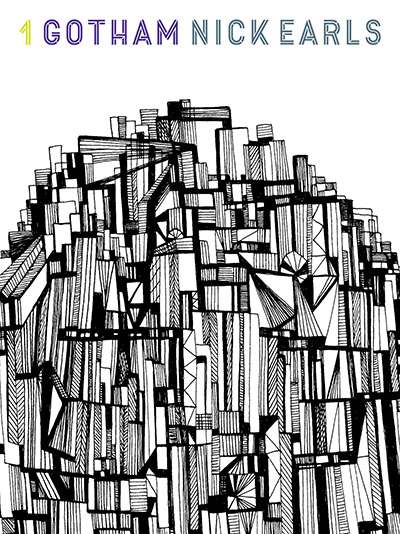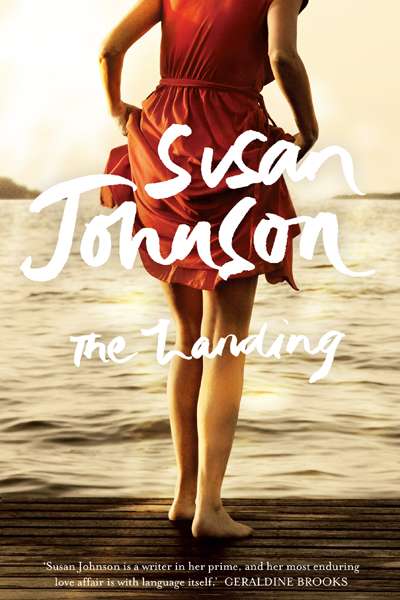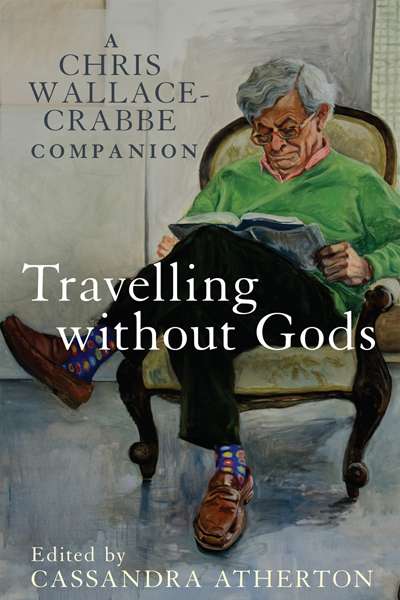The title of Cassandra Atherton’s anthology, Travelling Without Gods, alludes to the particular brand of agnosticism that has run through Chris Wallace-Crabbe’s work over many decades. Journeying sans deity is evidenced strongly in the poet’s latest collection, a book which, like Atherton’s, has been published to coincide with Wallace-Crabbe’s eightieth birthday.
For a non-believer, Wallace-Crabbe’s My Feet Are Hungry makes frequent reference to Christian ideology. This is in marked contrast to a number of Australian poets – Judith Beveridge, Barry Hill, Robert Gray among them – whose work in recent years testifies to the influence of Buddhism. Wallace-Crabbe’s Christian saviour is located firmly in the historical rather than the sacred. Only mildly irreverent, the poet shows respect for a figure who sides with the disadvantaged in an era of raging commercial interest and power-mad politicians: ‘Did Roman nails deserve his blood? / Even for someone who venerates money / Here is a story of absolute good’ (‘And the Cross’).
...
(read more)

